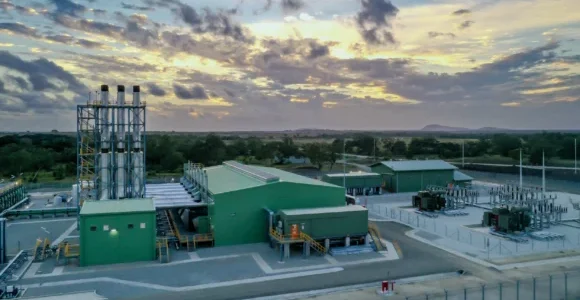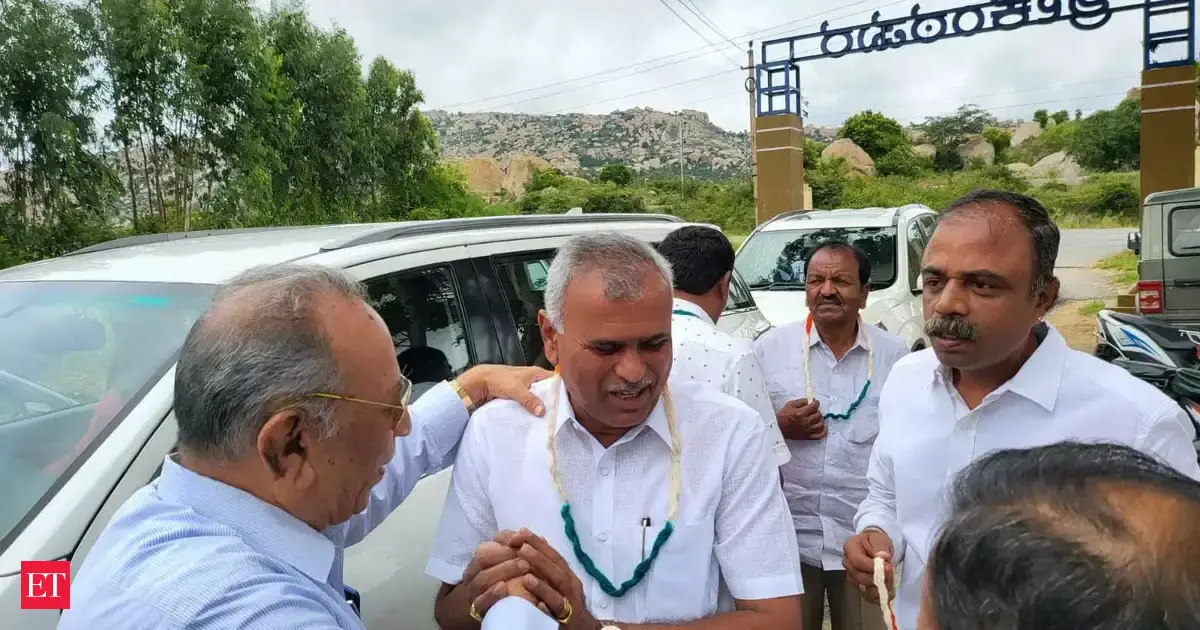By Google Inc,Nadav Shemer Shlezinger
Copyright businessadvantagepng

Independent power producers are key to Papua New Guinea’s ambitious electrification goals. However, they may wait to see results from PNG Power’s turnaround plans before approving new investments, as Business Advantage PNG learns.
Papua New Guinea’s independent power producers (IPPs) have welcomed the turnaround plan for state electricity company PNG Power Ltd, but they caution that new investments in power generation won’t go ahead until the plan shows positive results.
“New CEO Paul Bayly has been fast to get his plans in place, which means he’s understood the business very quickly,” David Burbidge, Chairman of IP3, the peak body representing IPPs, tells Business Advantage PNG.
Noting the appointment of former CEO Tony Koiri as PPL’s new chief technical officer, Burbidge says the utility now effectively has “two very experienced CEOs” executing its turnaround plan.
But, he said, “that’s only going to work if they’re given the opportunity to actually implement it.”
James Nelson, Chief Executive of Dirio Gas & Power, also expresses support for Bayly’s plan, telling Business Advantage PNG that “he needs the time and space” to achieve it.
Investments on hold
Both men note that PPL’s debts to the IPPs continue to mount, with Burbidge putting the amount at around K1.6 billion – almost double the amount owing at the same time last year.
“PNG Power needs an injection fairly quickly of something in the order of about K100 million,” he says.
IPPs currently supply around 70 per cent of power generation to the grid, he notes, adding that all of his member organisations “are keen to do more.”
However, until the debts begin to be repaid, “there is no way their shareholders are going to approve spending more money,” he says.
“It’s very difficult for anybody to make an investment decision at the moment.”
Slow progress on licensing reforms
The current issues with PPL are taking place against a background of regulatory change in PNG’s energy sector.
The National Energy Authority (NEA) Act 2021 transferred the powers for licensing and regulating IPPs from the Independent Consumer and Competition Commission to the newly established NEA.
Ronald Meketa, the NEA’s Managing Director, told the 2025 Business Advantage PNG Investment Conference that his organisation was working with the IPPs to get them to surrender their old licence and be fully covered under the new regulatory regime.
He said that once the IPPs are compliant, the NEA – which is also tasked with implementing the National Electrification Rollout Plan to achieve 70 per cent electrification by 2030 – will be able to work with them to scale up new renewables projects.
Dirio, a subsidiary of the state-owned Mineral Resources Development Company, is currently the only one of PNG’s seven IPPs with an operating licence from the NEA, after an official handover of its new licence in June 2025.
The handover came only a few weeks after Dirio took over the operation and maintenance of its sole station, the 45 MW gas-fired power station in Central Province – meaning it no longer has to pay a third party to do the job.
“It’s Dirio in-house,” says Nelson, who stresses the importance of the company not only being seen to be 100 per cent nationally owned, but also having “a power station that is nationally operated as well.”
This article is from Business Advantage PNG’s Mining and Energy 2025/26 publication, which launches in October 2025.



